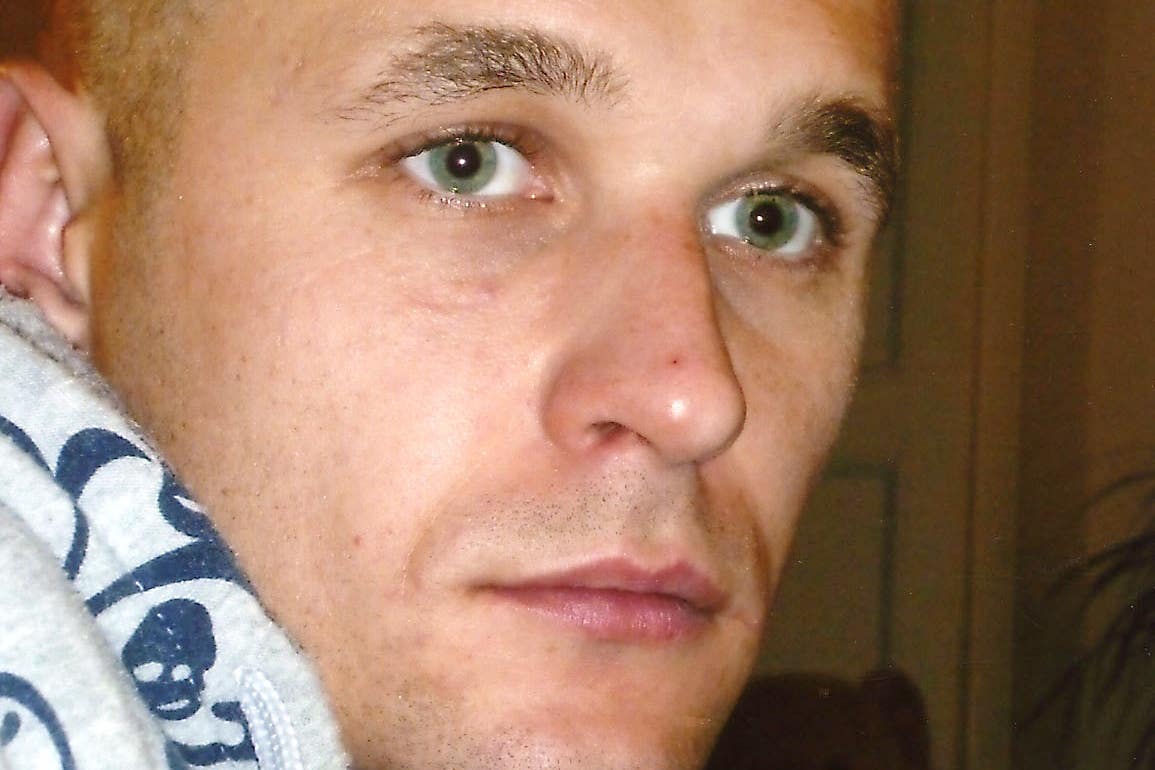Killer should have been in psychiatric hospital before death in prison – family
Damian Rzeszowki was found hanging in his cell seven years after killing six people.

Your support helps us to tell the story
From reproductive rights to climate change to Big Tech, The Independent is on the ground when the story is developing. Whether it's investigating the financials of Elon Musk's pro-Trump PAC or producing our latest documentary, 'The A Word', which shines a light on the American women fighting for reproductive rights, we know how important it is to parse out the facts from the messaging.
At such a critical moment in US history, we need reporters on the ground. Your donation allows us to keep sending journalists to speak to both sides of the story.
The Independent is trusted by Americans across the entire political spectrum. And unlike many other quality news outlets, we choose not to lock Americans out of our reporting and analysis with paywalls. We believe quality journalism should be available to everyone, paid for by those who can afford it.
Your support makes all the difference.The family of a killer who was found hanging in his cell seven years after stabbing to death his wife, two children and three other people believe he should have been in a psychiatric hospital rather than prison, an inquest has heard.
Damian Rzeszowski, who was 37 when he died, killed Izabela Rzeszowska, 30, Kinga, five, and Kacper, two, in St Helier, Jersey, in August 2011, after a barbecue.
He also killed his father-in-law, his wife’s friend and her daughter.
He was later jailed for 30 years for manslaughter by reason of diminished responsibility.
Rzeszowski died in the maximum security Full Sutton prison in East Yorkshire on March 31 2018, two weeks after medical staff decided to refer him to Broadmoor special hospital, an inquest jury heard on Monday.
A statement was read to the court by Pc Kalina Tyszeca, a British police officer tasked with talking to Rzeszowski’s parents in Poland.
In the statement, the officer said the killer’s father complained to her about his son’s treatment in prison.
She said he told her “his son should have been in a mental hospital, not a segregation unit, due to his mental health”.
Pc Tyszeca said the family were so worried about him they had been trying to contact the Polish embassy for help.
She said: “He believed his son was mistreated in prison.”
The officer said the family told her Rzeszowski grew up in Poland and had no mental health problems before marrying and moving to Jersey in 2004.
Senior coroner Professor Paul Marks told the jury the sentencing judge in Jersey in 2012 remarked that, unlike in England and Wales, he did not have the power to send a prisoner to a secure mental hospital, like Broadmoor or Rampton, but expressed the hope it could be facilitated once he was in the UK prison system.
The coroner said it appeared from the records that Rzeszowski spent some time being assessed at Broadmoor at some point while still in custody in Jersey.
Former prison psychiatric nurse Kevin Brennan, who worked at Full Sutton between 2004 and 2022, said a thorough assessment was carried out by a consultant psychiatrist after Rzeszowski got there in 2013 and the decision was made not to refer him to a secure hospital.
Rzeszowski arrived at Full Sutton from London’s Belmarsh Prison and was placed on a programme involving regular supervision by a psychiatrist due to a “severe and enduring diagnosis of psychosis and depression”, Mr Brennan told Hull Coroner’s Court.
He said Rzeszowski’s treatment was scaled down in 2015 after he showed improvements but, in January 2018, he self-harmed and tried to overdose, resulting in him being placed in segregation under a closer supervision regime.
Mr Brennan said a psychiatrist decided Rzeszowski was showing signs of psychotic illness and, when he did not comply with his medication, a referral was made to Broadmoor special hospital two weeks before his death.
Mr Brennan said normal referrals usually take two to three weeks to action.
The inquest, which is due to last nine days, was adjourned until Tuesday.